I am looking into building my own battery management system, and I am beginning to understand the concerns of overcharging/discharging, overheating, and equal use of each of the cells. I am planning to build a battery management system that uses around 120 3.7V 18650s to power a 24V DC motor, so I am planning to put 6 in a battery and have 20 batteries. At this stage this is all I know.
My question is this: should I be concerned about uneven discharge or charging within a 6-cell battery? I know the battery management system takes care of these problems from one battery to the next, but I don't know if this would be an issue within a battery.
On a slightly more vague note, any other recommendations on (1) sites where I can learn more about building this system and (2) routes I could take for this project.
